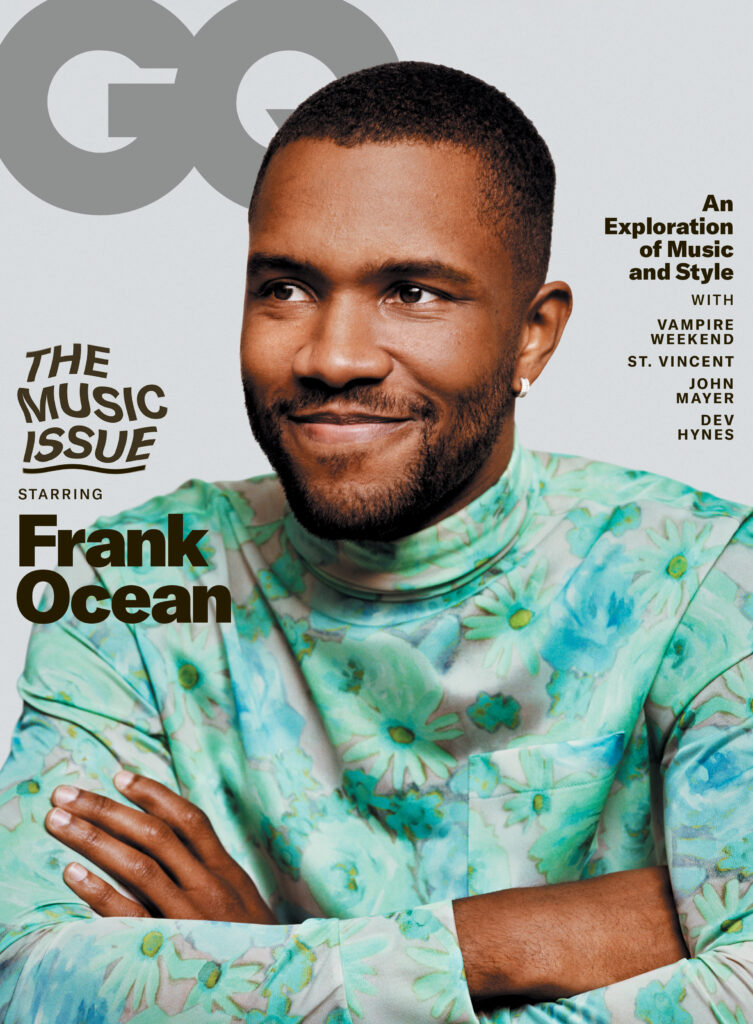 To hear Will Welch tell it, the age of the general interest, mass-market title is gone. In its place is the age of niche. Welch spoke to Samir “Mr. Magazine” Husni about his vision for the GQ brand under his new leadership.
To hear Will Welch tell it, the age of the general interest, mass-market title is gone. In its place is the age of niche. Welch spoke to Samir “Mr. Magazine” Husni about his vision for the GQ brand under his new leadership.
“I really believe that we have come out of the era of broad general interest being a place of power for magazines,” Welch said. “So, instead of trying to be everything to everyone, I want to be really clear about what GQ does better than anyone else on earth and I want to focus on those things.”
And just what exactly does GQ excel at?
“GQ has long been perceived as and really is the flagship of men’s fashion in America,” Welch said. “And if you stop somebody on the street and ask them what GQ means to them, they’ll say men’s style. I think in a way we’re returning to that core and really imbuing the entire brand, everything we do and we do so many things now across all of our platforms, with this sense of taste and stylishness. That is really the foundation of everything we do.”
That’s not to say they dictate style in a “wear thing/don’t wear that” style. In the age of the lifestyle magazine, it’s all about expressing personal style in a like-minded community.
“One of the first things that I wanted to establish in a really strong way when I started this role was rebuilding a core community for GQ,” Welcome continued. “And that means identifying all of these people in our world. And they’re writers, photographers, stylists, and actors; some of them are super-famous, some are not famous at all and may have more of a creative director role or a guy-behind-the-guy role. This is the community of core people, and not only should they be in the core pages of GQ, but they need to be our first readers and they need to be our community that we’re talking to every day.”
One thing not changing is the importance of print to the brand.
“I think that one thing that I’ve always loved, whether it’s an early interview with Kanye where he was talking about a particular uncle who had a stack of GQs in the living room that was his height, or some friends that have texted me pictures of each issue of GQ Style saved in chronological order on their shelf; I think with print we are leaving a different kind of record behind in that it is a documentation of a moment.”
As Welch notes, a multi-channel strategy is imperative to reach and engage your audience where they are… yet there’s something about print that lends itself to keeping around, archiving and preserving the content.
“One thing that I think is really fun about magazines in general is they’re not gone in a flash, but they don’t have the permanence of books either,” Welch explains. “In a way, you want to pick up a book and feel like it should be as relevant today as it was the day it was printed. A magazine is intended, I’ve called it in the past, it’s semi-permanent. It’s like the semi-permanent documentation. You want a magazine to feel urgent and timely and of the moment, but the stories should also be worth printing in a way that can stay on somebody’s shelf or in an archive.”
In the quickly changing world of fashion, that archival quality is a mainstay of the brand. It sounds like Welch is the right person at the right time for the new GQ; we wish him all the best.
